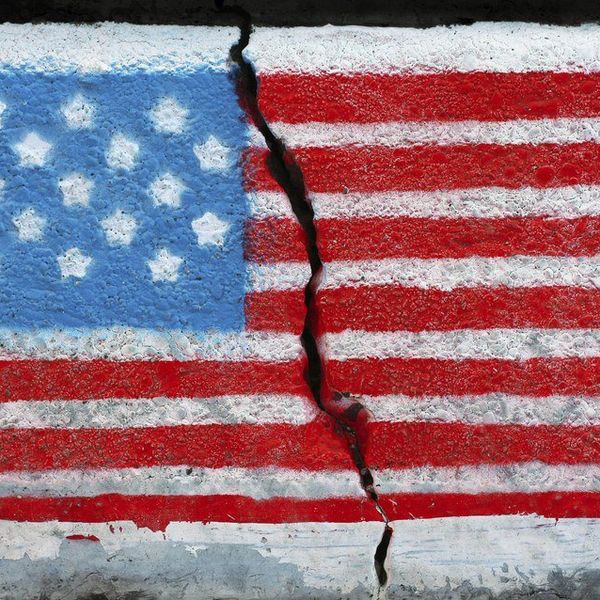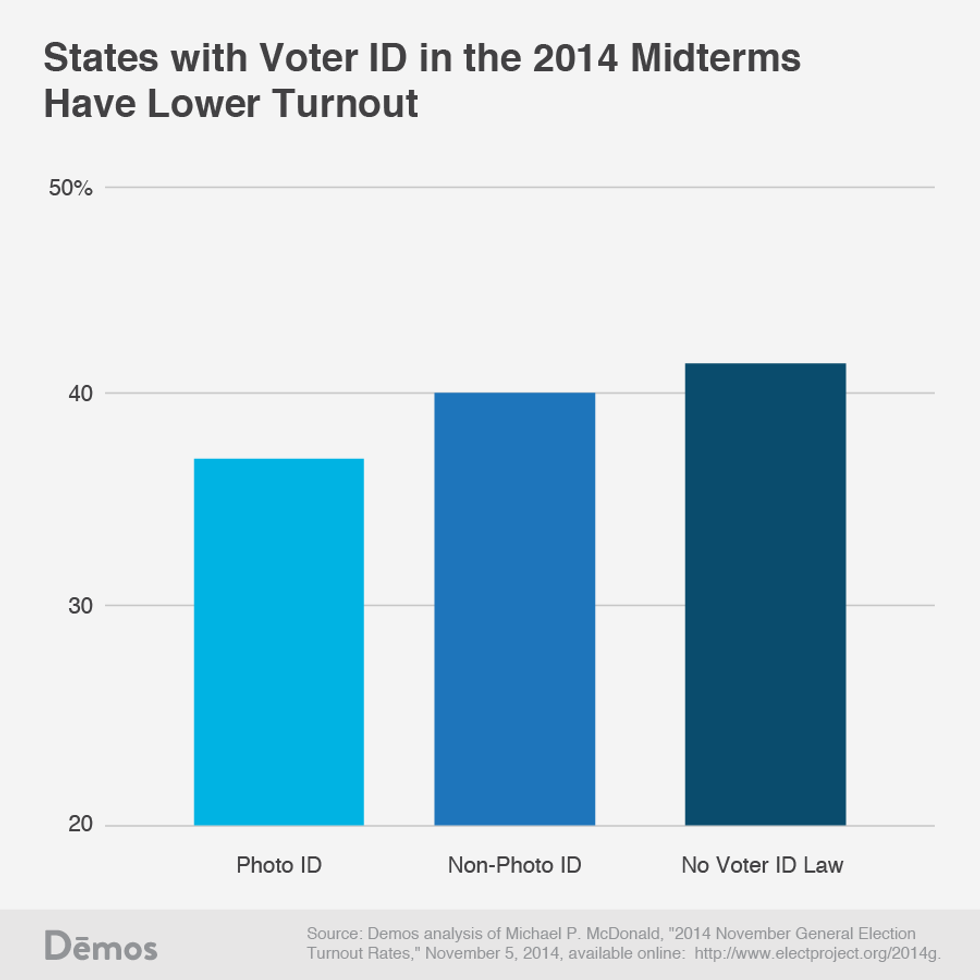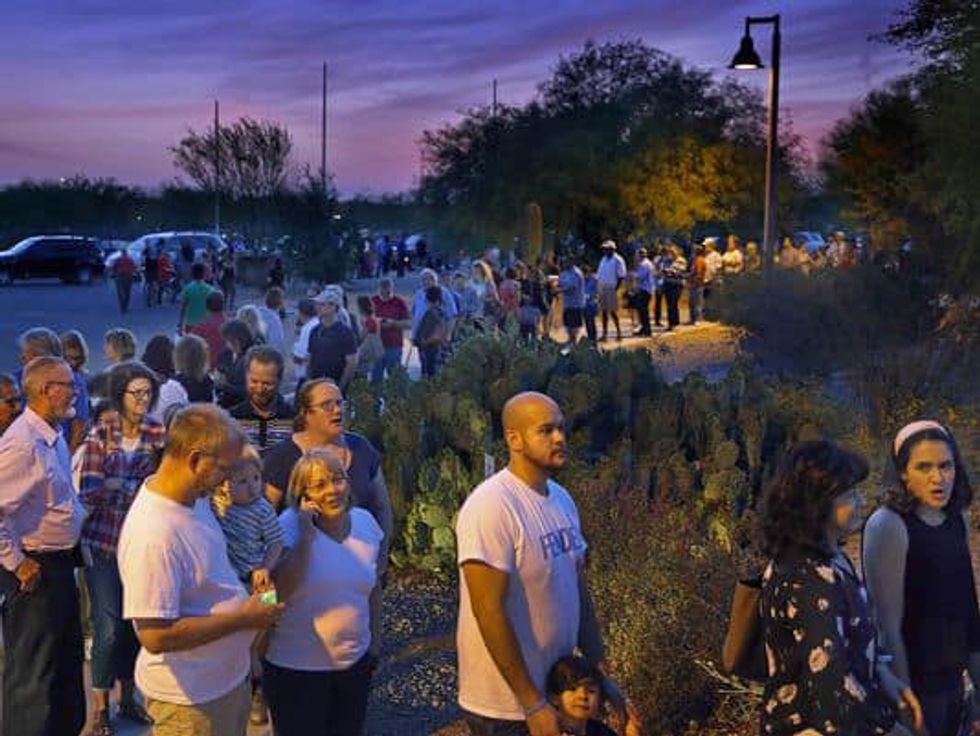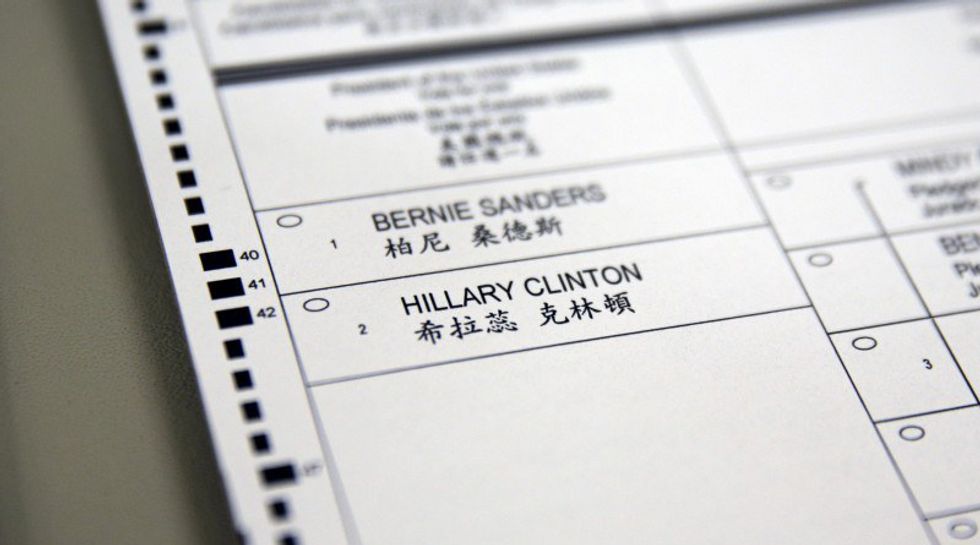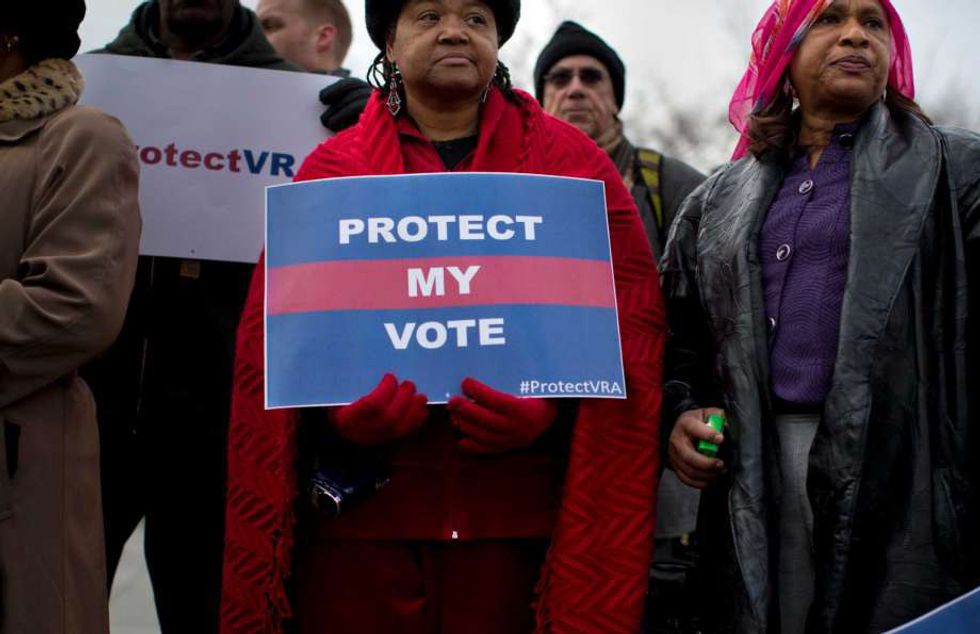The cry of widespread "voter fraud" has long been the excuse to push voter suppression tactics, a myth carried out by both of the major political parties. However, it is the Republican Party that is credited with strongly enforcing this narrative.
It's time to discuss getting as many people as possible registered and out to the polls on Election Day. To strengthen our democracy, anyone who meets the criteria of an eligible voter should become a registered voter to participate in the democratic process. Every individual gets one vote.
It's hard to argue with this goal, but there is a debate over whether we should encourage more or less people to vote. This was made evident by the Supreme Court gutting the Voting Rights Act in 2013. This decision disproportionately affected southern and central red states.
Voter fraud is different from electoral fraud and voter suppression. Voter fraud refers to voters committing fraudulent acts to either vote illegally, more than once in one or more states, to vote under false identities, etc. Does this really happen at times? Of course. However, a billion ballots were examined between 2000 and 2014. The findings concluded 31 credible voter fraud incidents out of one billion ballots. People who relocate or own property in multiple states may be registered in more than one state. People who have died or moved can still be on the voter roles.
Clearly, this must be dealt with appropriately, but there is a limit. Voter roles must be purged accurately and responsibly. This may cross the line when we have seen 126,000 voters in New York removed ahead of the NY primary. Many were registered Democrats. In the Arizona primary, Democrats called for an investigation of voter suppression after a similar issue. Voters were either removed, had their affiliations changed, or had to wait hours to vote due to improper management and closures of polling locations.
Maricopa County had shut down about 140 polling locations in order to save money. This left thousands of voters waiting outside for up to five hours waiting to do something that should take minutes. In the state of California, voters had to jump through hoops requesting special crossover ballots in order to vote in either the Republican or Democratic primary. For those who did not, their vote did not count. Where is the line between ensuring a fair election and ensuring that swing voters do not have as much influence as they could? Why can't Democrats or Republicans cross party lines at their convenience?
Aside from these clearly incompetent measures taken to stop people from voting, we also have the idea of a "closed primary". A closed primary means that you must be registered to a certain party in order to vote for them in a primary. In semi-closed, you can be unaffiliated and declare at the polls. Some states, like New York, have disturbingly early deadlines for primary party changes. In The Empire State, you must switch your affiliation six months before the primary Election Day.
Independent and non-affiliated voters comprise of a larger percentage than registered Democrats and Republicans each. Around 40% of the country are Independents, N/A or third party. Around 30% are Democrats, and around 30% are Republicans. If your party wants to keep insurgent or grassroots candidates from winning in primaries, all they have to do is stop Independents from voting. This is done under the guise of "party loyalty".
Party primaries are run by private parties who, along with the states, make their own rules. As a taxpayer, you fund these elections. You can be a registered Independent or N/A voter in New Jersey where like-minded voters like yourself can contribute millions toward an election that you cannot vote in. You would have had to have made up your mind 50 days ago. The unfortunate truth is that not everyone is politically active or engaged in the months before voting. They may intend to make an informed choice closer to Election Day, but now they cannot participate in the political process in which they help fund.
Why is voting and registering to vote so difficult? Why do we have a consistent disastrous voter turnout for local, state, and presidential elections? We can barely break getting 60% of the electorate out to select the president and many eligible citizens are not even registered.
Solutions
Voting rights advocates are offering a variety of solutions for states to adopt. One involves automatic voter registration. You turn 18, you get your non-provisional driver's license, you are a registered voter. But wait, not everyone has a driver's license or even a car. Well, this can be applied to anyone who turns 18 in general if they interact with the government departments accordingly. In the last couple of years alone, six states approve and 29 others are considering this practice. Some states may also offer registering online through the Department of Elections or Department of Motor Vehicles.
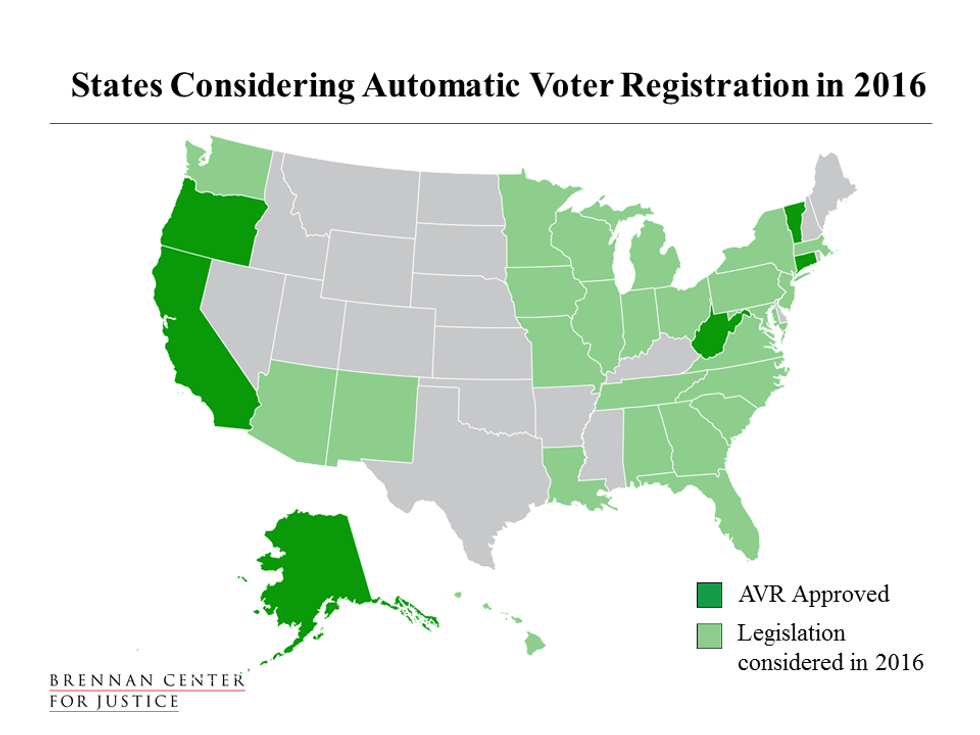
It is argued that we don't actually have a right to vote in primaries. They represent the party's rules, not our federal right to vote. I would propose that we will eventually be selecting officials under the federal right to vote and that it is a disaster how only 9% of the electorate voted for Hillary Clinton and Donald Trump in the primaries.
Reforming the deadlines would be another major step. There is no logical reason why New York requires voters to change their party affiliation six months before a primary. Well technically there is, and that is to stop Independents, Democrats, and Republicans from crossing over. If you are an establishment politician in a strong red or blue state, you don't want Independents running around casting ballots for anti-establishment candidates or crossing party lines.
Voting by mail is currently used as the primary method in states like Oregon and California. Early voting is used in many more states. This is different from absentee voting. Vote by mail and early in-person voting as primary methods both offer a convenient time and method for voting on your own time. Although employers are required to give you adequate amounts of time off in order to vote, voting is still considered a chore.
These problems and potential solutions both affect our ability to make our voices heard, as is our right as American citizens. Overturning the Voting Rights Act drastically cracked down on same-day registration and voting without an ID. In my precinct for example, you sign a book to get your ballot. That is your ID that nobody else can use unless they know your precinct, signature, and district. Besides, even if someone where to falsify an ID, they could not vote unless they are registered and in the voter role book.
It seems a lot easier to register, open the primaries, bring Independents and N/A voters into the political process as any other citizen, and to become a true democracy in which as many eligible citizens as possible can cast a ballot.


